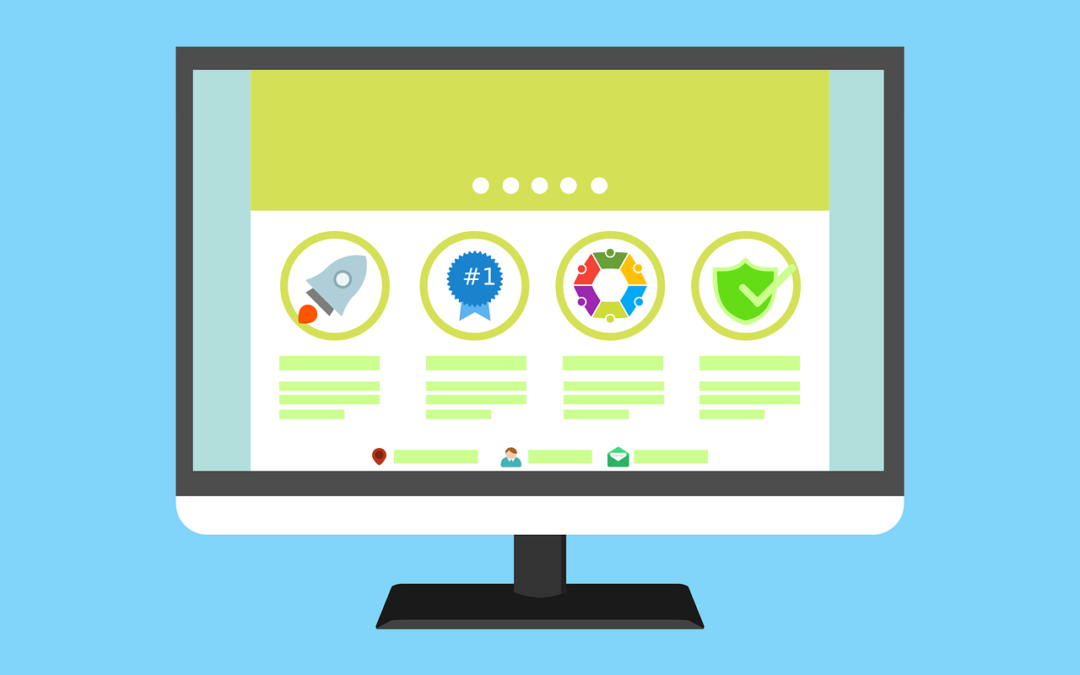What Are The Main Components Of Web Hosting?
Web services are made up of several different components. If one of these items is missing, the web hosting service can’t function properly. If you’re wondering about what elements are needed for web hosting, have a look at our list below.
Here are the Components You Need to Know About
Domain Registrar
A company, approved by the Internet Corporation for Assigned Names and Numbers (ICANN) or national country code top-level domain (TLD) which has been authorised to register domain names. The most common ones are .com .net and .org, although there are many others.
Domain Name
This is your personal identity which is displayed to others on the web. Anyone wanting to access your site will type your domain name (otherwise known as a web address) into the address bar at the top of the page.
DNS (Domain Name System) Server
The method in which the internet translates a web address into something a server can recognise. An alphabetic address is converted into a numerical IP address which is then associated with the correct web server.
Hosting Provider
A service allowing anyone to post a website online. A hosting provider has all the technology and services needed to store a website and make it visible online. When someone types your web address into a browser, it connects to the hosting server, where the web page is delivered from.
Web Server
Hardware which stores web pages. When a user requests a web page using a web address, this is sent to the server, which sends the site back to the user via hypertext transfer protocol (HTTP)
FTP Server
Software that allows you to move files between a server and computer using file transfer protocol. Computers can connect anonymously, or use a username and password to access files on the server.
Mail Server
Hardware that allows you to send and receive e-mails. Post office protocol describes how mail is received into your inbox. In contrast, simple mail transfer protocol (SMTP) allows the sending and receiving of messages between servers.
Database Server
This is a server which records what your visitors do on your site. A variety of data can be collected, such as customer feedback, likes, orders and discussions. Database servers can be used to provide to other platforms too. Allowing users to search and view it.
SSL Certificate
Stands for Secure Sockets Layer certificate. It is a small file which is stored on a web server that enables a secure connection between a server and a web browser. They have a wide range of uses, such as encrypting credit card information or processing logins.
Web Browser
A browser is something which allows you to view web pages. Your hosting will provide you with a control panel where you can configure your site and hosting account.
Website Editor/Page Builder
Something used to edit code which makes up a website, or a tool allowing you to build an entire website from scratch. Software like Dreamweaver enables you to code HTML and CSS, the building blocks of web pages. There are also content managed solutions like WordPress, which features a simple interface for adding more content to a site. However, they do require some technical expertise to configure.
Content Management System (CMS)
A CMS is a software application like WordPress that is used to create and manage your website content. You can have multiple contributors with different access rights allowing them to create, edit and publish. The use of plugins allow you to add extra functionality like contact forms, eCommerce and social media integration to the site without the need for any coding. Themes allow you to quickly and easily change the appearance of your site, whilst retaining all the content – great for giving your site a fresh new look!
FTP Client
Allows you to manage all your files and folders which have been uploaded to your website. Easy to use, it is as simple as dragging and dropping items into various folders from your computer into the client.



